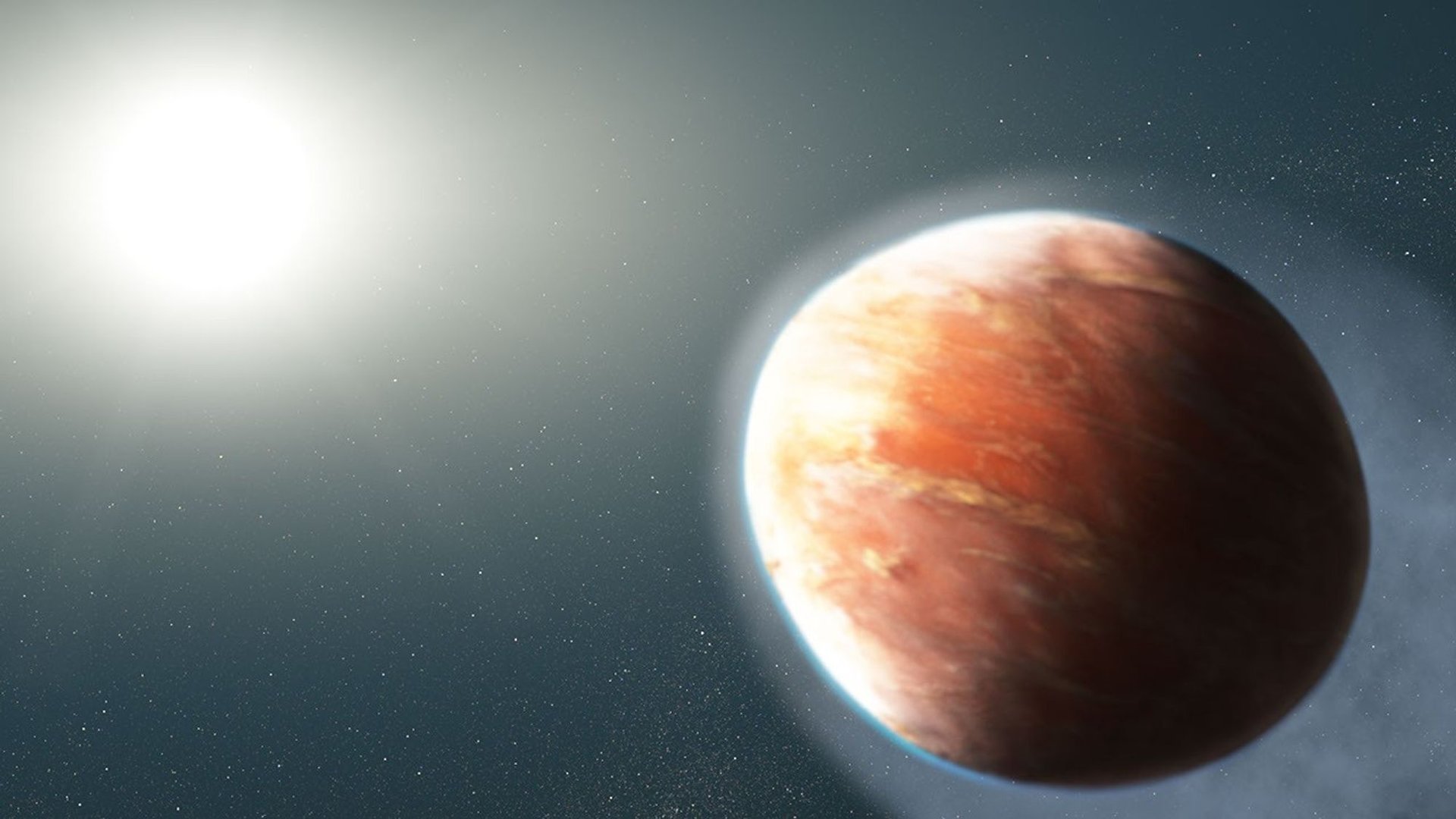Science
Scientists Propose Screening Exoplanets for Essential Metals

New research suggests that the search for extraterrestrial life could benefit from screening exoplanets for specific metals essential for biological processes. A paper by Giovanni Covone and Donato Giovannelli from the University of Naples outlines how the presence of certain elements can significantly influence the potential for life on other planets.
Life is fundamentally dependent on energy, which comes from a variety of elements. The researchers propose that to narrow down the search for habitable stars and planets, scientists should focus on the abundance of specific metals that play a vital role in biochemical reactions. According to the authors, a lack of these critical components suggests that life is unlikely to exist.
The concept hinges on a phenomenon known as “thermodynamic disequilibria,” which refers to the potential energy available in a natural system. This energy can be harnessed through processes such as reduction-oxidation (redox) reactions. These reactions often involve the transfer of electrons and are crucial for powering biological processes. The proteins that facilitate these reactions, known as oxidoreductases, require at least one metal in their structure.
The metals discussed by Covone and Giovannelli include nickel, iron, and copper. These elements are integral to proteins that assist in energy transfer from various sources, such as hydrogen and oxygen. Notably, the availability of these metals has historically influenced the evolution of life on Earth. Events like plate tectonics and volcanic activity, including the Deccan Traps, as well as the Great Oxidation Event approximately 2.3 billion years ago, illustrate how the presence of these materials can alter the trajectory of life.
Given this significant historical context, the researchers argue for a new approach in the search for life beyond our planet. They suggest that if essential metals are so influential, astronomers should actively look for them when evaluating the habitability of exoplanets. This could lead to a more efficient allocation of observational resources in the hunt for life.
Currently, the screening process for potential life-sustaining planets typically focuses on three main criteria: the availability of free energy, liquid water, and the presence of CHNOPS—an acronym for carbon, hydrogen, nitrogen, oxygen, phosphorus, and sulfur. Covone and Giovannelli contend that while these elements are abundant throughout the galaxy, the higher atomic number metals crucial for redox reactions are much rarer. By prioritizing the search for these metals, scientists can increase the likelihood of identifying planets that may support life.
Upcoming missions, such as the European Space Agency’s (ESA) PLATO observatory, are expected to analyze the spectra of exoplanets for CHNOPS elements. Including a screening category for the metals highlighted in this research could enhance the data collected, providing deeper insights into potential habitability.
However, the relationship between metallicity and life is complex. Previous studies have indicated that stars with higher metallicity may emit less ultraviolet radiation, which is essential for the development of protective ozone layers. This intricate interplay of factors highlights the need for continuous refinement in the search for extraterrestrial life.
The proposal put forth by Covone and Giovannelli adds a significant dimension to astrobiological research by emphasizing the importance of elemental availability. As astronomers continue their quest to explore the cosmos, integrating this perspective could lead to groundbreaking discoveries about life beyond Earth.
-

 Lifestyle4 months ago
Lifestyle4 months agoLibraries Challenge Rising E-Book Costs Amid Growing Demand
-

 Sports3 months ago
Sports3 months agoTyreek Hill Responds to Tua Tagovailoa’s Comments on Team Dynamics
-

 Sports3 months ago
Sports3 months agoLiverpool Secures Agreement to Sign Young Striker Will Wright
-

 Lifestyle3 months ago
Lifestyle3 months agoSave Your Split Tomatoes: Expert Tips for Gardeners
-

 Lifestyle3 months ago
Lifestyle3 months agoPrincess Beatrice’s Daughter Athena Joins Siblings at London Parade
-

 World3 months ago
World3 months agoWinter Storms Lash New South Wales with Snow, Flood Risks
-

 Science4 months ago
Science4 months agoTrump Administration Moves to Repeal Key Climate Regulation
-

 Science3 months ago
Science3 months agoSan Francisco Hosts Unique Contest to Identify “Performative Males”
-

 Business4 months ago
Business4 months agoSoFi Technologies Shares Slip 2% Following Insider Stock Sale
-

 Science4 months ago
Science4 months agoNew Tool Reveals Link Between Horse Coat Condition and Parasites
-

 Sports4 months ago
Sports4 months agoElon Musk Sculpture Travels From Utah to Yosemite National Park
-

 Science4 months ago
Science4 months agoNew Study Confirms Humans Transported Stonehenge Bluestones









